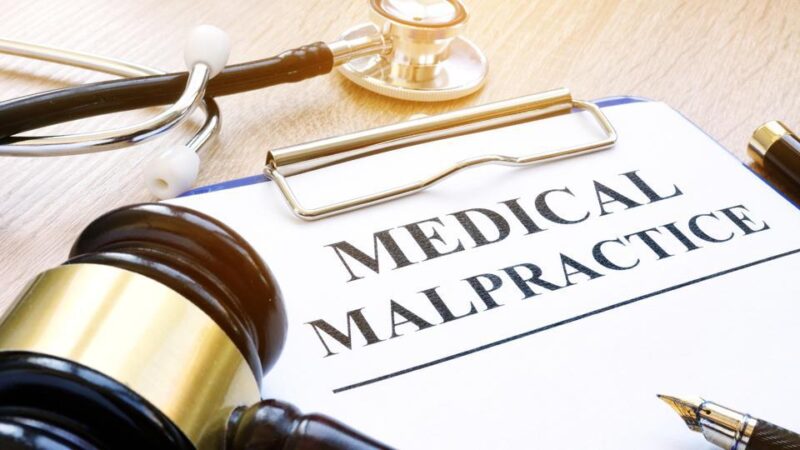Basic things you need to know about a marriage license

What is a marriage license?
A marriage license is a document that permits parties who intend to get married the go-ahead to have a marriage ceremony. A Marriage license is a document issued by either a church having the authority or state authority to parties to conduct their marriage ceremony. A marriage license is sometimes accompanied with an expiration date beginning from the date in which it was issued.
Jurisdiction
The importance of marriage license differs from state to state, country to country, jurisdiction to jurisdiction. While a marriage license would be of great importance in some parts of the world, it would be of little or no importance in some other parts of the world. In some parts of the world, a marriage conducted without a marriage license would make that marriage voidable. In other parts of the world, a marriage license is not necessary for a marriage to be legal. All that the parties need to do is to sign the marriage license In the presence of family members, friends, and other relatives. Still, in some parts of the world, there is no such thing as a marriage license. Parties who intend to get married only needs to choose a marriage partner and go ahead with the ceremony. As soon as that is done, the marriage is considered valid.
- procedure for obtaining a marriage license
The procedures involved in obtaining a marriage license differs from state to state, country to country, and city to city. However, some things that can be seen to be always recurring in the requirements and procedures of all the states in which marriage license are used. In states and countries where marriage licenses are of utmost importance, parties who intend to acquire a marriage license must have on hand.
- A means of identification:
This means of identification can be in the form of military ID card, National ID, or any other form of identification that is approved by the government of that state
- Certificate of birth or birth certificate:
Where the intending parties are less than 18 years of age, the law requires that the parties come along with their birth certificates and a certified true copy of another certificate showing their date of birth.
- Parents consent:
Where the parties are less than 18 years of age, evidence of parents consent must be tendered most times in writing
- Presence of parents or guardian
Presence of parents or guardian is very important during the signing process. The parents serve as witnesses to the intention of the parties, and their presence also serves as consent
- Signature of the parties:
Parties intending to get married must append their signatures on the certificate. These signatures serve as an agreement between the parties to perform a marriage ceremony.
In some countries, however, these processes are not required. If you are in the U.S you can visit US marriage Laws to learn what the specific requirements are in your state/city.
What then legalizes a marriage in a jurisdiction where marriage licenses do not apply?
In countries where marriage licenses are not used, parties go ahead and contract their marriages in the presence of family and friends. For example, in some countries in Africa, the society does not recognize marriage license. All that is used is the customary marriage. During this customary marriage, traditional rites are performed, and the families of the intending couples come together to bind the union of the parties. After which the couples become and begin to enjoy all the rights and privileges that other marked couples enjoy in the society.
Can blood relatives be granted a marriage license?
In most countries No. Blood relatives, especially direct siblings, are usually not granted marriage licenses. In some countries also, first to fourth direct cousins are not granted marriage licenses. However, in some states like Chicago, first cousins are allowed to get married as long as they are not below the age of 50.
How long can a marriage license remain valid
This depends on the state in which you reside. The lifespan of a marriage license depends on that which the law in your state provides for.






